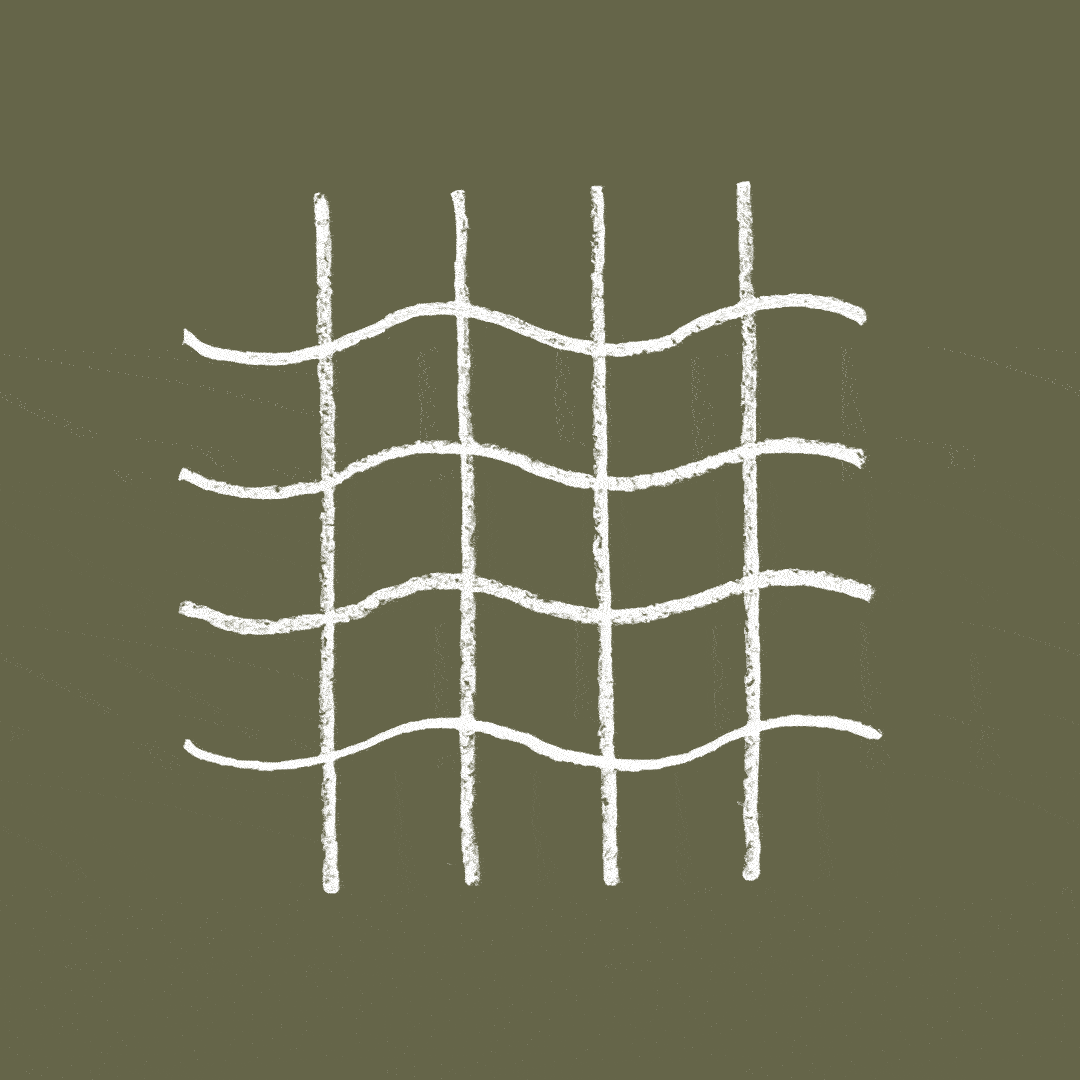Behind Your Clothes: Introducing Chottani Industries

Who are Chottani Industries?
Chottani Industries are one of our suppliers that we work with here at Wax to create some of our favourite pieces. Chottani Industries are based in Pakistan and we work with them on some of our cotton and denim pieces, including the Patchwork Kurt Trousers, the Patchwork Chet Jacket and the Trucker Jacket and more.

Why do we work with them?
Not only do Chottani Industries make great quality clothes, but they are also eco conscious. Allow us to run you through their initiatives below.
Firstly, the team at Chottani have taken up ‘Sustainable Urban Forestation Plantation’ using Miyawaki methods of plantation to be planted as a partnership with Karachi Metropolitan Corporation (KMC) and University of Engineering and Technology. This campaign will be monitoring the effectiveness through the air quality and data and by a team of experts.
As well as this, Chottani Industries are a proactive member of the United Nations Global Compact 17 Sustainable Development Goals and are working towards achieving zero pollution by 2030 (this includes water pollution, chemical pollution, general air pollution and more).

Chet Jacket Indigo Patchwork, Kurt Trouser Indigo Patchwork
Ok, this all sounds great but let’s break it down a bit more…

Materials
Chottani have streamlined their focus to production and fabrics; to future-proof fabrics with 100% organic cottons, eco-friendly fibres, and the use of recycled yarns. They prioritise working with sustainably grown fibres, and are using eco-labelling (or where possible, biodegradable!).
As well as this, Chottani are working in partnership with Crafil, a premium thread solution, and use Denimfil Eco, a line of high quality polyester made from recycled polymer from plastic bottles.

Dyes
Chottani use Tonello machines which reduce 80% of the dyeing process because they have a low liquor ratio.
For example, where 400 litres was used in a traditional dyeing method, this is now reduced to as low as only 80 litres used. As well as this, 70% of the dye is recycled in the dye program and the remaining 30% becomes a hrd sludge which Chottani are finding alternative ways to use it, such as in brick mortar.

Finishing Process
Chottani have invested in an environmental impact measuring (EIM) tool which measures the environmental impact of the textile industry’s garment finishing. It does this by calculating water consumption (litres per garment used), energy (power needed to run machinery, power used to heat water etc), chemical use and impact on the health of workers (handling and risks of using chemicals and operating machinery) and takes an assessment for each stage of the garment production process.
Lastly, innovative technology such as the Eco wash introduced by Chottani has eliminated the use of harsh chemicals like potassium pemanganate PP and stones. And the new Jeanologia laser is highly efficient in saving time, energy, water and intense labour practices.

So, this all good for now but what is Chottani Industries’ long-term sustainability plan?
Chottani Industries have set a conservation plan around sustainable practices and strategies that will help in building up sustainable communities and environments over the next 10 years.
As part of this, Chottani intend to grow the existing mangrove forest by planting more trees and increase the forests along the coastal lines by 300% by 2025. They are looking at ways to ue smart solutions to put beach plastic waste to good use and prevent it ending up in landfill. And finally, Chottani have partnered with WWF (World Wildlife Foundation) on biodiversity conservation, sustainable organic cotton growing, protecting endangered species in Pakistan and more. Chottani have also partnered with Red Crescent Society (RSC) and The Citizens Foundation (TCF) to implement community service as part of their educational curriculum.
